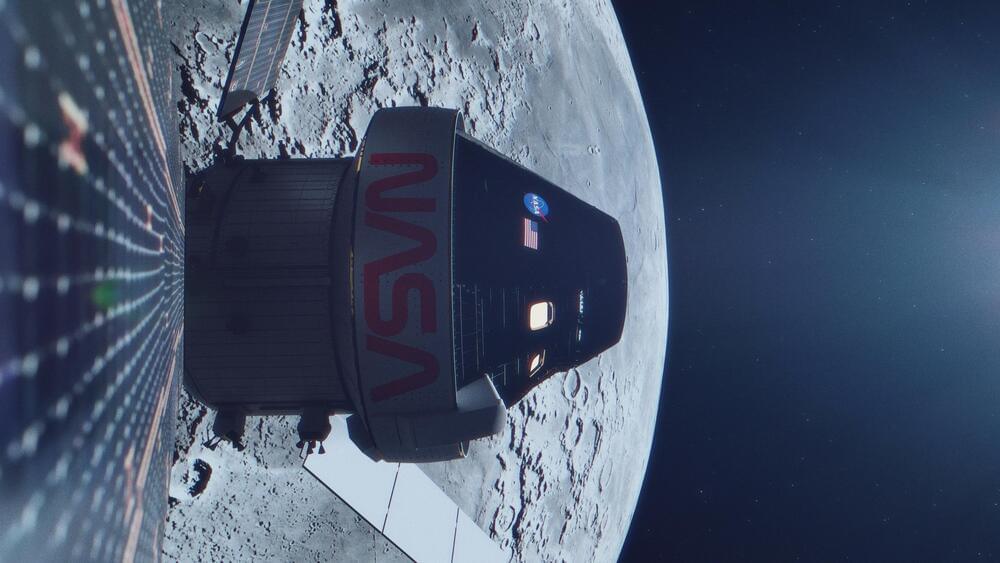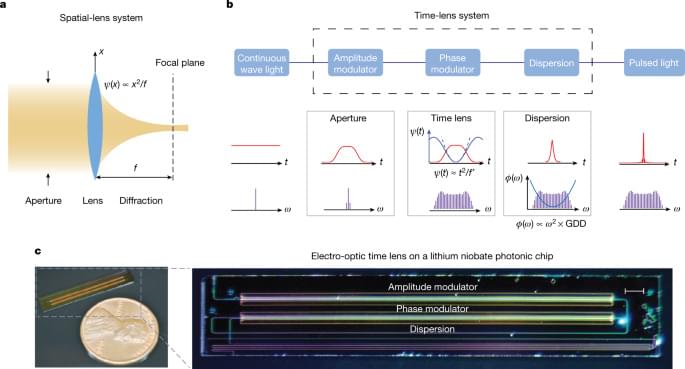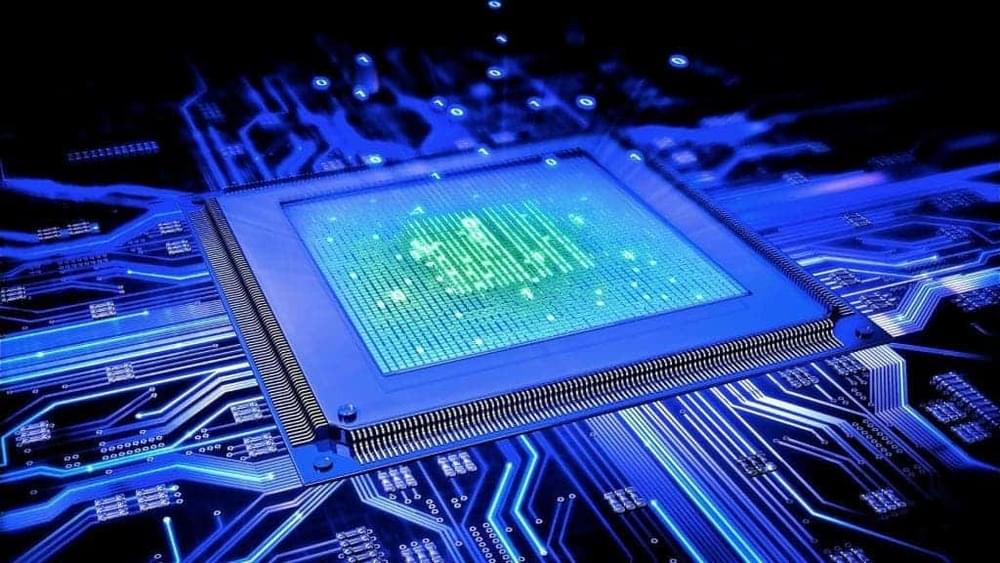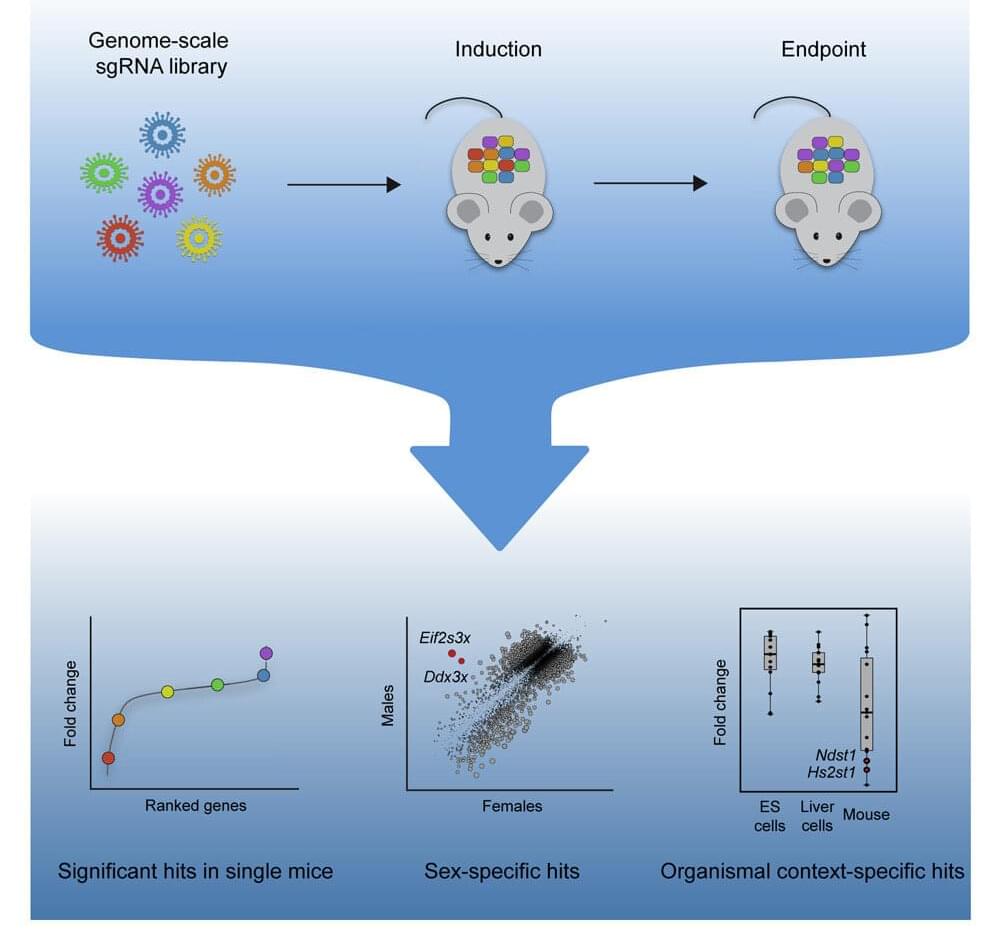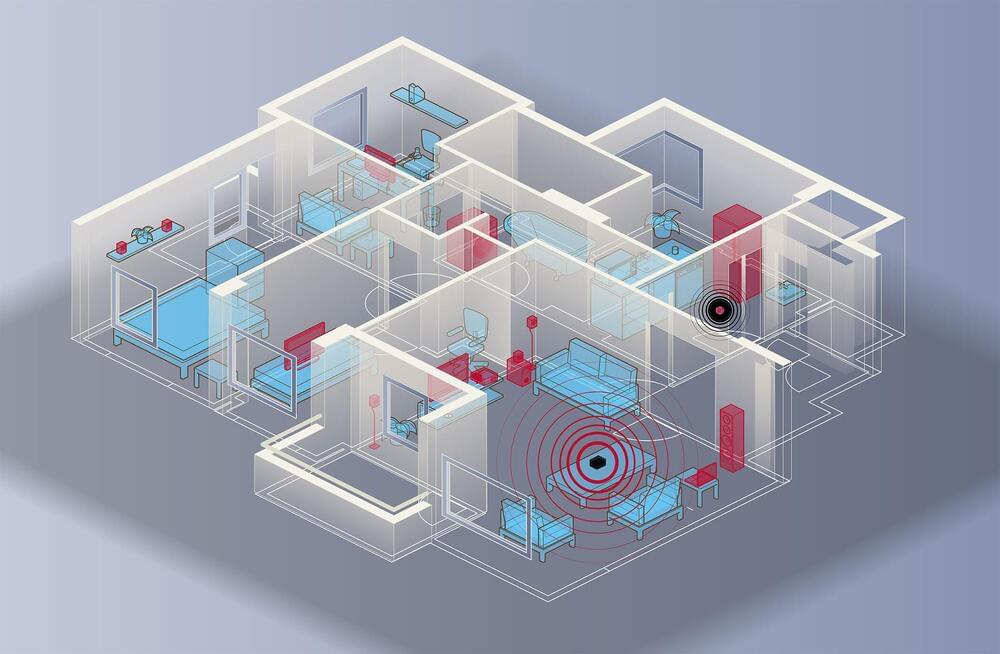Nov 17, 2022
NASA’s Artemis I Cameras to Offer New Views of Orion, Earth, Moon
Posted by Alberto Lao in categories: engineering, space
During Artemis I, NASA’s Space Launch System (SLS) rocket will send the agency’s Orion spacecraft on a trek 40,000 miles beyond the Moon before returning to Earth. To capture the journey, the rocket and spacecraft are equipped with cameras that will collect valuable engineering data and share a unique perspective of humanity’s return to the Moon.
